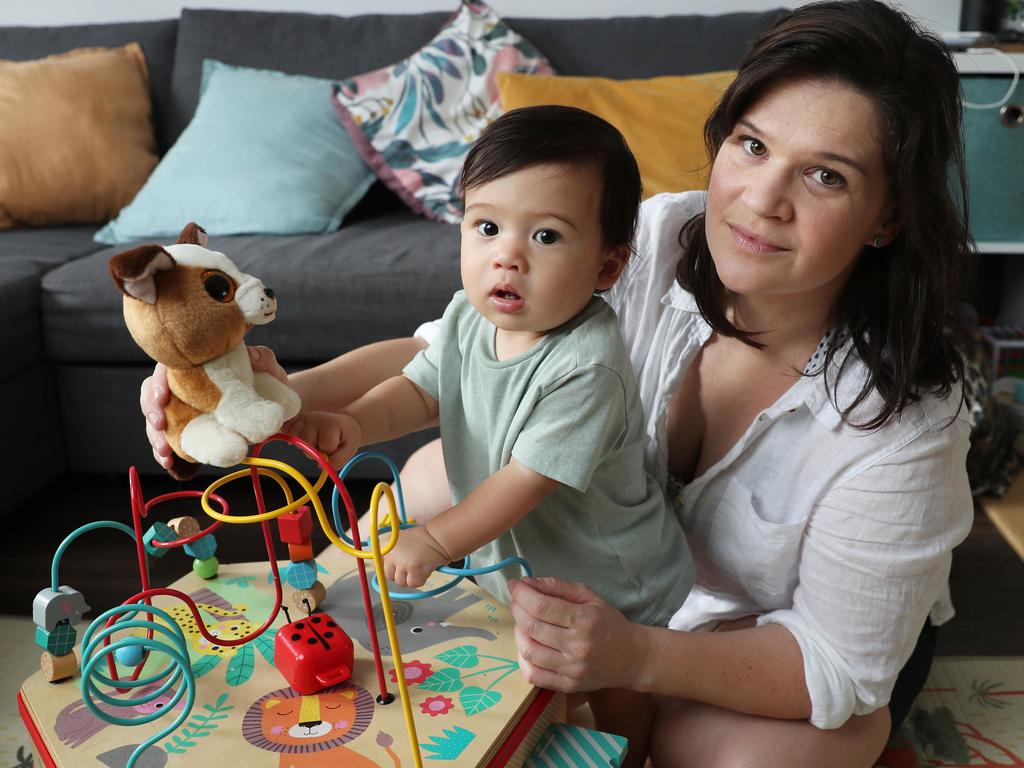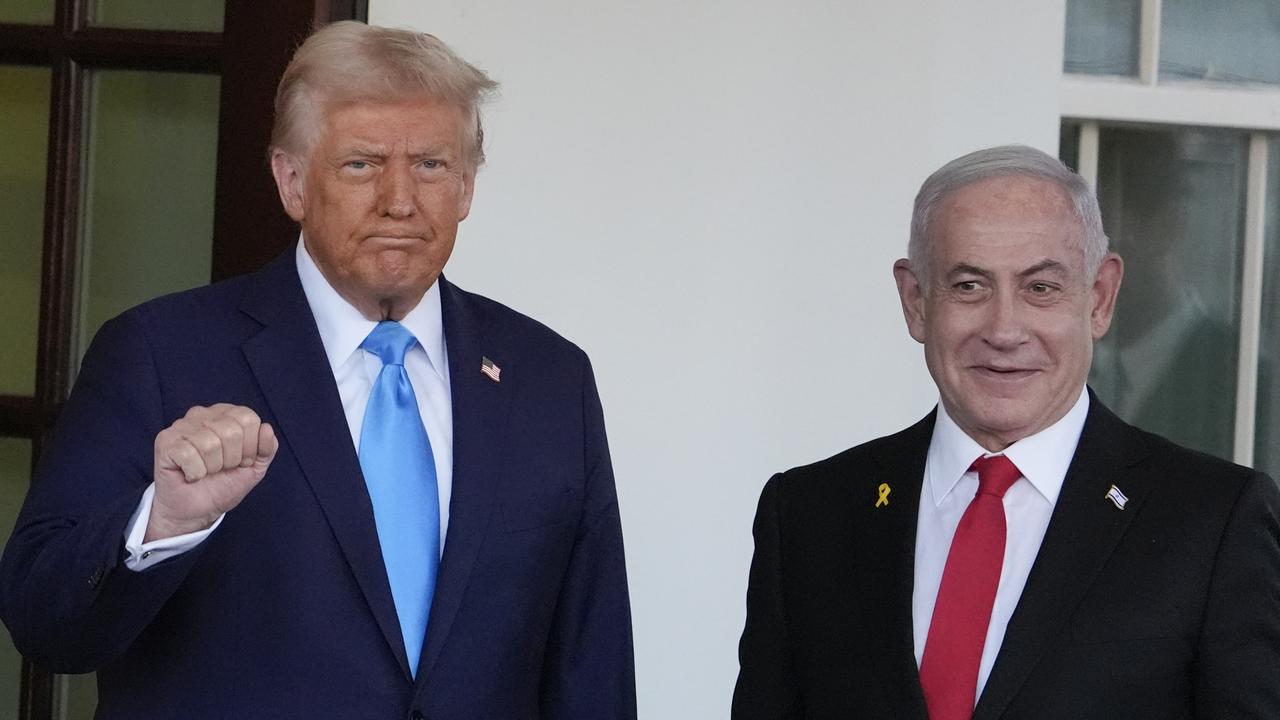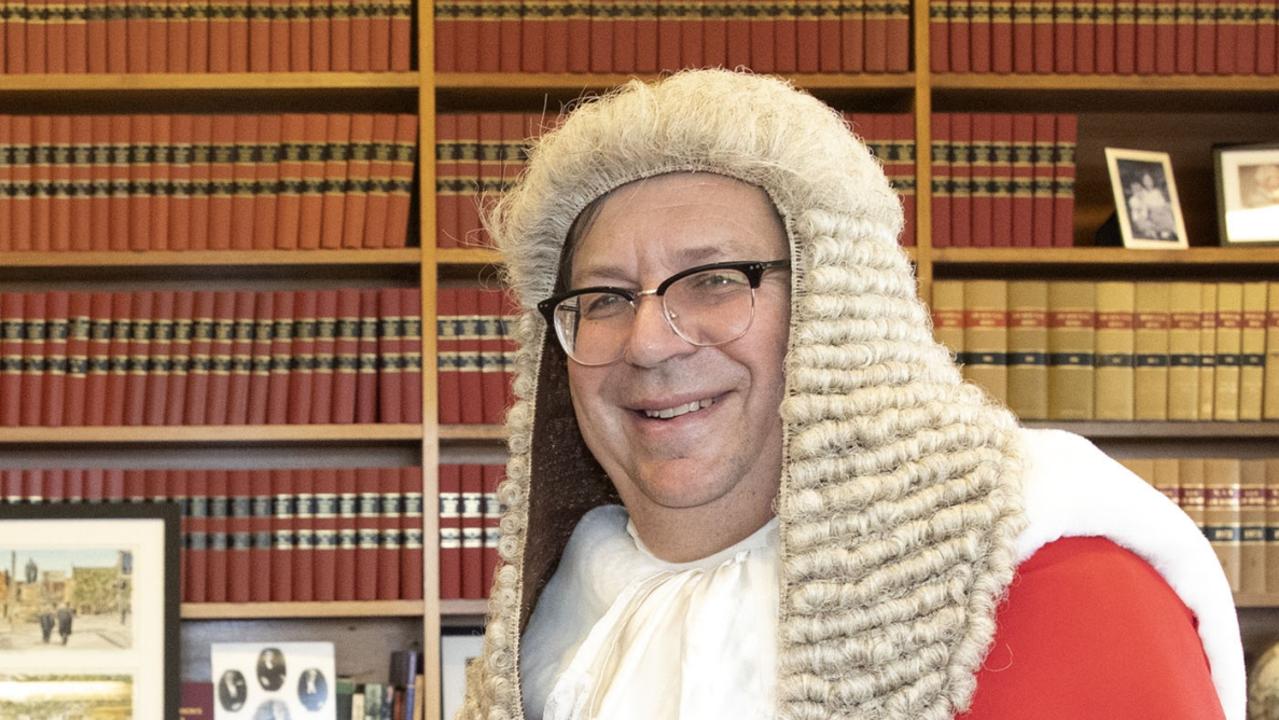Cost-of-living woes pose a political catch-22
The Albanese government is caught between not making a bad situation worse and being seen to be doing something as Australians struggle to make ends meet.
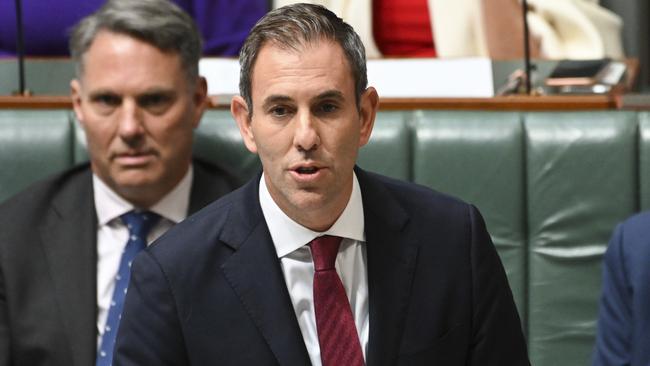
Saturday evening we find out if the Liberal Party has retained the marginal Victorian seat of Aston. Peter Dutton has declared the outcome a test of leadership for both himself and Anthony Albanese. One presumes the Opposition Leader only did that in the knowledge his party was ahead according to internal polling. If not, and the Liberals find a way to lose the seat, Dutton’s parliamentary colleagues will begin their search for a new leader. It’s slim pickings but that won’t matter because Dutton will have failed the artificial test he set for himself.
On Tuesday the Reserve Bank holds its April meeting to determine if interest rates will once again go up. If they do, it will be the 11th consecutive rise since last year’s election campaign. There is some talk the RBA might pause for thought in the wake of last week’s improving inflation figures, with no small amount of political pressure being applied to do just that. Whether outgoing RBA governor Philip Lowe cares to kiss the ring of his masters is another matter.
On Wednesday the annual inflation rate for February was announced to be 6.8 per cent, the lowest since June. Economists forecast a slowdown, but expected the 7.4 per cent January figure to modestly come down to 7.2 per cent. This would certainly justify the RBA pausing for thought.
However, just as news was breaking that inflation might be on a pathway back to normal, the ACTU announced it wants a 7 per cent increase in both the minimum wage and award wages. The government was quick to support the 7 per cent figure (without mentioning the figure specifically) for people on the minimum wage.
Treasurer Jim Chalmers declared that he doesn’t want to see anyone on the minimum wage “go backwards”. Does anyone WANT to see that? Of course not. The real question is whether matching the minimum wage rise to the inflation rate has unintended consequences.
We won’t find out what the Fair Work Commission’s decision on the minimum wage actually is until after the May budget. The government’s submission doesn’t guarantee an outcome. The decision is usually announced in June for an adjustment to take effect on July 1.
All the machinations above have one thing in common: cost-of-living pressures sit front and centre. From the politics of a by-election campaign through to the challenges of crafting the May budget, the economics of what to do also sits front and centre. As important as the voice to parliament might be for some people, for most Australians it’s a sideshow as they struggle to make ends meet.
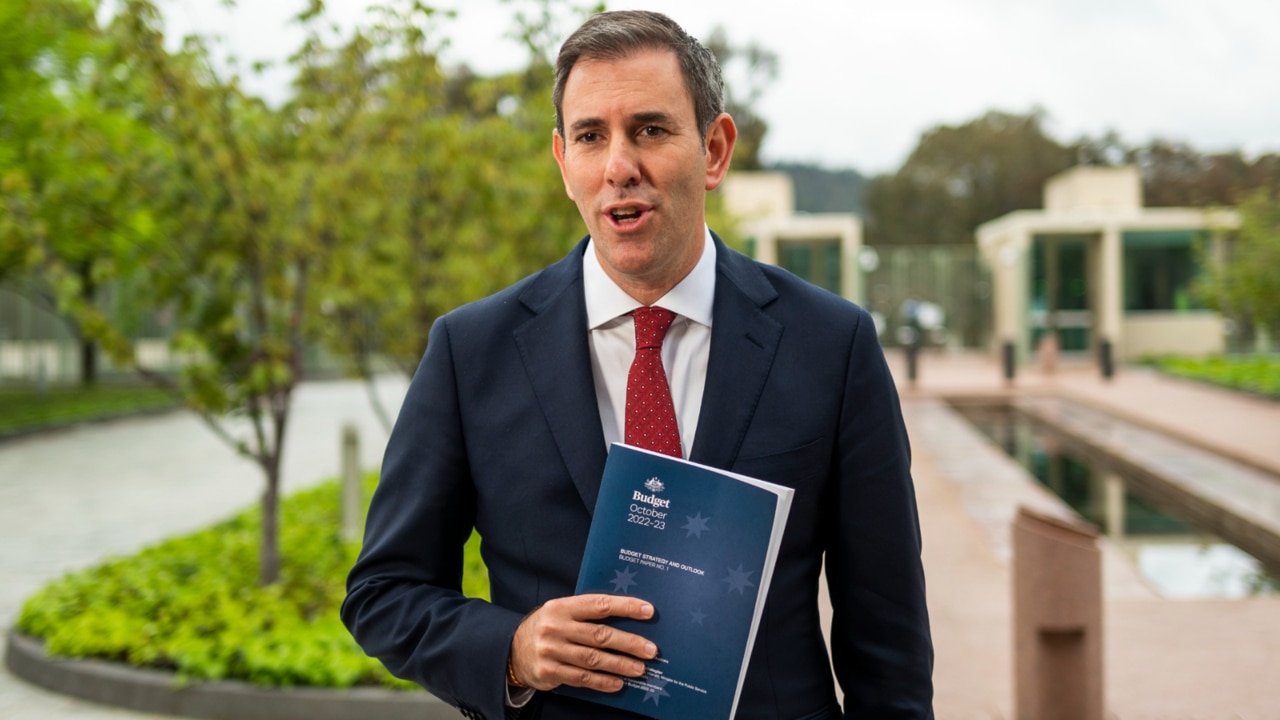
How people intend to vote on the referendum question later in the year is a virtual irrelevancy for most compared with how they hope to pay their rent, their mortgage, their bills, and feed and clothe their families.
These are material issues. For most, the voice fits into Ronald Inglehart’s postmaterial category of values-based needs. When survival needs are met, postmaterial values come to the fore. When material needs are not being met, or are under threat, postmaterial needs fade from view.
The difficulties rising interest rates and inflation pose traverse income groups, but there is no shying away from the fact lower- and middle-income Australians are hit the hardest. These voter cohorts also decide election outcomes, which is why politicians try to be sensitive to their needs (and get punished at the ballot box when they are not).
For millions of voters, the growing costs of essential goods and services are quite literally making it difficult for them to make ends meet. This can and usually does have political consequences. Even if there is often little the government can do to relieve the pain. That, however, doesn’t mitigate the political need to be seen to be doing something.
The single most important thing a government can do in an economic climate like we are facing right now is not make a bad situation worse. But that isn’t a very effective campaign slogan. Which is why governments inject their often poor decision-making into the mix.
What to do about cost-of-living pressures is a catch-22 for the government. If it does nothing and simply acknowledges times are tough – but the only way out of that is for people to suffer in the hope that it passes quickly – the reporting of such indolence would be negative.
Labor hopes to support the minimum wage rising at the same pace as inflation as a way of relieving cost-of-living pressures for vulnerable Australians. In a vacuum that’s exactly what it would do, adding roughly $200 to the monthly wage of such people.
But side-effects happen, and need to also be considered. More money in the pockets of low-income earners is sure to be spent, that’s the reason for giving the wage rise. Which adds to inflation, putting more pressure on rising interest rates, making it harder to bring inflation back under control. Helping people can end up hurting them too.
Some economists worry about a wage-price spiral, like we saw in the 1970s. But even if that nasty prognosis doesn’t eventuate, there is still a risk of prolonging the pain of higher-than-necessary inflation and interest rates.
If inflation remains persistently high for longer, helping prevent a wage-price spiral would probably result in even tougher monetary policy responses, which brings a recession more squarely into the equation. If that happens a higher legislated minimum wage would contribute to more job losses.
While an economic slowdown would see rates and hopefully inflation start to tumble, at what cost? Businesses looking to bring down their costs when demand weakens target job cuts first.
The catch-22 extends to politics, because if governments avoid adding to the potential mess outlined above calls to replace them get louder. The new administration often pledges to be more interventionist, violating the principle of not making a bad situation worse.
Callow exceptions aside, politicians usually don’t run for parliament without ideological convictions. For Labor, actively helping people from low socio-economic backgrounds sits front and centre. The nuances of how to best help (perhaps by causing the least amount of pain) don’t scratch the activist itch to intervene and feel useful.
Of course, the most useful thing any government can do in the long run to make people’s lives better is to put the budget and the economy back on a sustainable footing. Pay down debt, fix the structural problems in the budget and reform tax collection and spending, so it’s more efficient and fairer.
All of which is hard and complex work, usually with little or no short-term political benefits.
Peter van Onselen is a professor of politics and public policy at the University of Western Australia and Griffith University.



